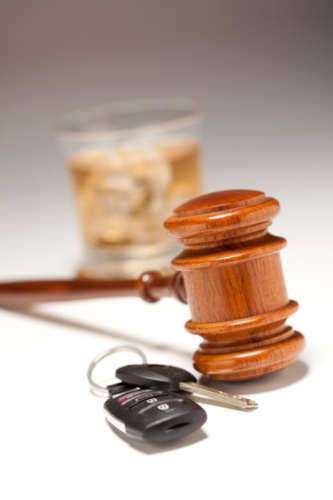What to Know About Felony Charges

In common law jurisdictions, felony charges are considered serious charges that can be leveled against an individual. In the United States of America, if the district attorney and police charge an individual with felony charges, it means that an individual is facing a prison sentence of more than a year in prison.
Felony charges are the most sever charges allowed under a common law system. Felony charges include capital charges, although the two are not synonymous. All capital charges are felony charges, but the inverse is not true.
In civil law jurisdictions, felony charges can be equated in delicts in countries such as Italy and Spain, while countries such as France, Belgium, and Switzerland equate their charges of crimes and delicts with the common law felony charges.
The police charge a person with a felony if they have evidence that the person has committed a serious crime, such as aggravated assault, battery, arson, burglary, illegal drug use, the sale of illegal drugs, grand theft, robbery, murder, rape, and the vandalism of federal property. Felony charges can be categorized as violent crimes or non-violent offenses.
Sometimes, the distinction between felony charges and the less serious misdemeanors can be minor.
Felony charges can involve a broad range of punishments, which encompass many different levels of severity, ranging from probation, to imprisonment, to execution.















